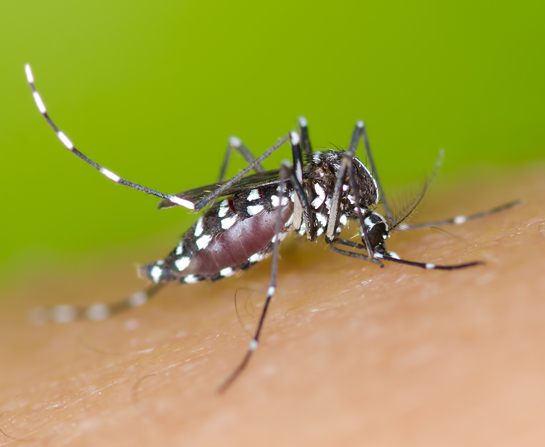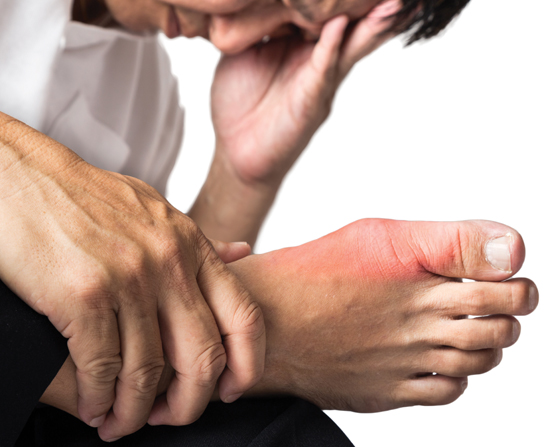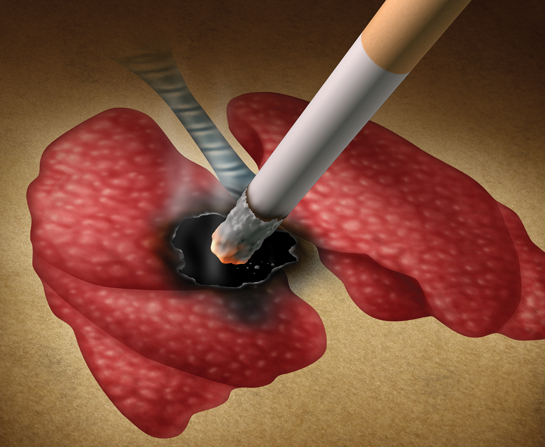It Starts with a Bite
April 28, 2022 Return

Dato’ Dr Amar-Singh HSS Senior Consultant Paediatrician (Community), Head Paediatric Department, Hospital RPB Ipoh, Perak. Head Clinical Research Centre Perak
Dengue at a Glance
- Dengue is caused by the dengue virus (DENV).
- DENV can be transmitted from an infected person by the Aedes aegypti mosquito. It cannot be directly transmitted from one person to another through skin-to-skin contact or fluids.
- It can affect people of all ages (from infants to the elderly), with signs and symptoms usually showing 4-10 days after being bitten by the infected mosquito.
- There is no specific treatment. Dr Amar explains that early detection can, however, greatly reduce the risk of death.
When Dengue Attacks
According to Dr Amar, dengue is caused by the dengue virus (DENV), which:
- can damage our small blood vessels and make them more prone to leaking.
- can cause dengue shock sydrome (DSS) when fluids from our bloodstream seep into surrounding tissues.
- can cause failure of various organs in our body when DSS acts together with the failure of heart muscles and dehydration. This can lead to death.
- makes children with dengue especially vulnerable to DSS!
Watch out for signs of dengue!
Symptoms include mild to high fever, severe headache, pain behind the eyes, rashes and pain in the muscles and joints.
The Four Faces of Dengue
Dr Amar-Singh explains that the threat of dengue is complicated by the fact that there are four different variants (or serotypes) of dengue viruses.
DEN-1 DEN-2 DEN-3 DEN-4
- If you get infected with one serotype, you gain lifelong immunity to it.
- The bad news is, there is still a risk of being bitten by an Aedes mosquito carrying any of the three remaining serotypes!
- Infection by another dengue serotype increases the risk of developing severe dengue, especially if more time has passed between the first and second infections.
Thus, it is important to ensure that the Aedes mosquitoes do not breed near you or your loved ones. This is the best way to avoid the threat of dengue.
[1] World Health Organization. Dengue. Retrieved on May 8, 2015, from http://www.who.int/topics/dengue/en/
[2] Rajapakse S. (2011). Dengue shock. J Emerg Trauma Shock. Jan-Mar; 4(1): 120–127. doi: 10.4103/0974-2700.76835
[3] Guzman, MG, et al. (2010). Dengue: a continuing global threat. Nat Rev Microbiol. December; 8(12 0): S7–16. doi:10.1038/nrmicro2460.
If you like this article, do subscribe here.






